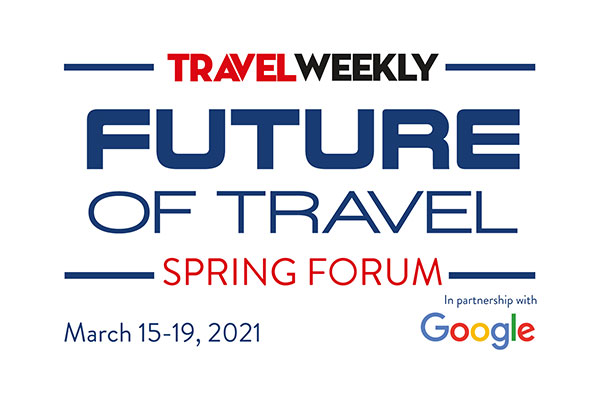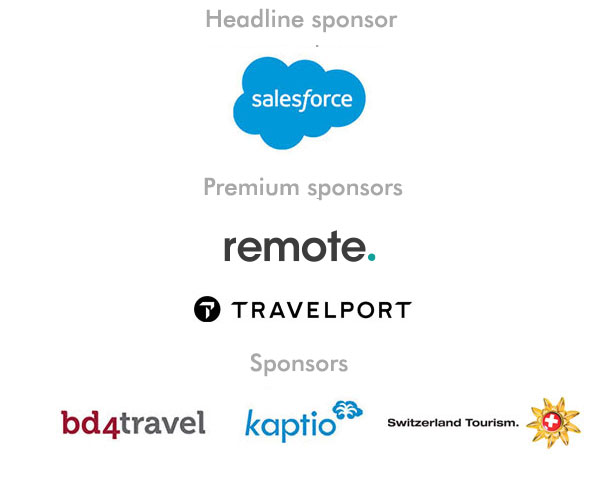Business leadership styles are changing as companies position themselves as an employer of choice to attract the right talent.
Speakers at this week’s Travel Weekly Future of Travel Spring Forum discussed the changing nature of the workplace and trends accelerated by the Covid-19 pandemic.
Gail Kenny, co-founder of Gail Kenny Executive Recruitment, said “employer branding” is now a vital ingredient in the competition for staff.
“You have to show that you have a purpose and that you have empathy, especially now,” she said.
“We always used to talk about communication, but actually communication now to me is all about empathy.
“When they’re researching you people are looking at your reputation, they’re looking at Glassdoor, at LinkedIn, and saying do they have a DNI policy in place.
“Do they have a wellness programme, are they looking after their employees, especially the Millennials and Gen Z.”
Kenny said this change in employee expectations is seeing leadership styles adapt, something many small business owners have found difficult during the Covid-19 pandemic.
“Where you have those old styles of leadership, unfortunately, those business will not attract the demographics that I’ve spoken about earlier.
“One thing we’ve all had chance to do over the last year is reflect on our job, on our life, on what’s important, and actually you spend a third of your life in work.
“So, if you’re working for somebody that has that style of leadership and it doesn’t match, it’s not aligned to your values, you won’t stay.
“There’s not this ‘them and us’ anymore. You’ve got to bring about a culture where people have a voice. We talk about collaboration, but it’s so key going forward.”
Kenny added leaders of some of the entrepreneurial private equity-backed businesses she works with have really struggled during the Covid crisis.
“It’s probably been the hardest year of many of their lives. I’ve spoken to a few of them and they can’t really talk about it.
“They think that we should all have these broad shoulders, and they think they need to be strong, but they actually do need to show their vulnerability a little bit.
“I think it’s about bringing a diverse and inclusive culture where people collaborate and thrive in a very uncertain and volatile market that we’re in at the moment.”
Mary Wilson, head of HR at dnata Travel, parent of Gold Medal and Travel 2, said it is vitally important that employee wellbeing policies have got buy-in from a company’s leaders.
The firm has a programme called Belong that sets out its approach to employee wellbeing and inclusion.
“I think bridging the gap between the leaders and connecting leaders with all of their employees whatever level they work in is hugely critical,” she said.
“And I think that’s where the human touch comes into it. Our leader in our business was so keen to have our diversity and inclusion programme ticked off he’s actually a key sponsor.
“So right from the very top of the business it’s endorsed and people therefore feel that that’s got value.
“When you’ve got executive leaders in the mix, doing the doing and not just talking the talk it really goes much farther and gets far more credibility.
“And with things like this, it’s not just about ticking the box and wearing the badge it’s what you do to keep it alive, day in, day out.
“And I think all leaders in the business need to be visible. They can’t pay lip service to this type of initiative, and that will go a long way to being seen as an employer of choice.
“Because reputation, with social media these days, you can’t escape. Your footprint is there for everyone to see, so that’s really prevalent in our business.”
Ami Naru, head of employment at Travlaw, said more clients are asking it for advice on employee terms that go beyond the basic remuneration package.
“What is this company doing about equality and diversity. What are they doing about mental health and wellbeing? Is flexible working an option?
“You’ve got to tick these boxes now if you want to be an employer of choice and attract and retain the candidates.
“So, it is very much shaping employers’ thinking, and not just because of Covid. I think this would have been here anyway, but that’s certainly the direction it’s taking.”

